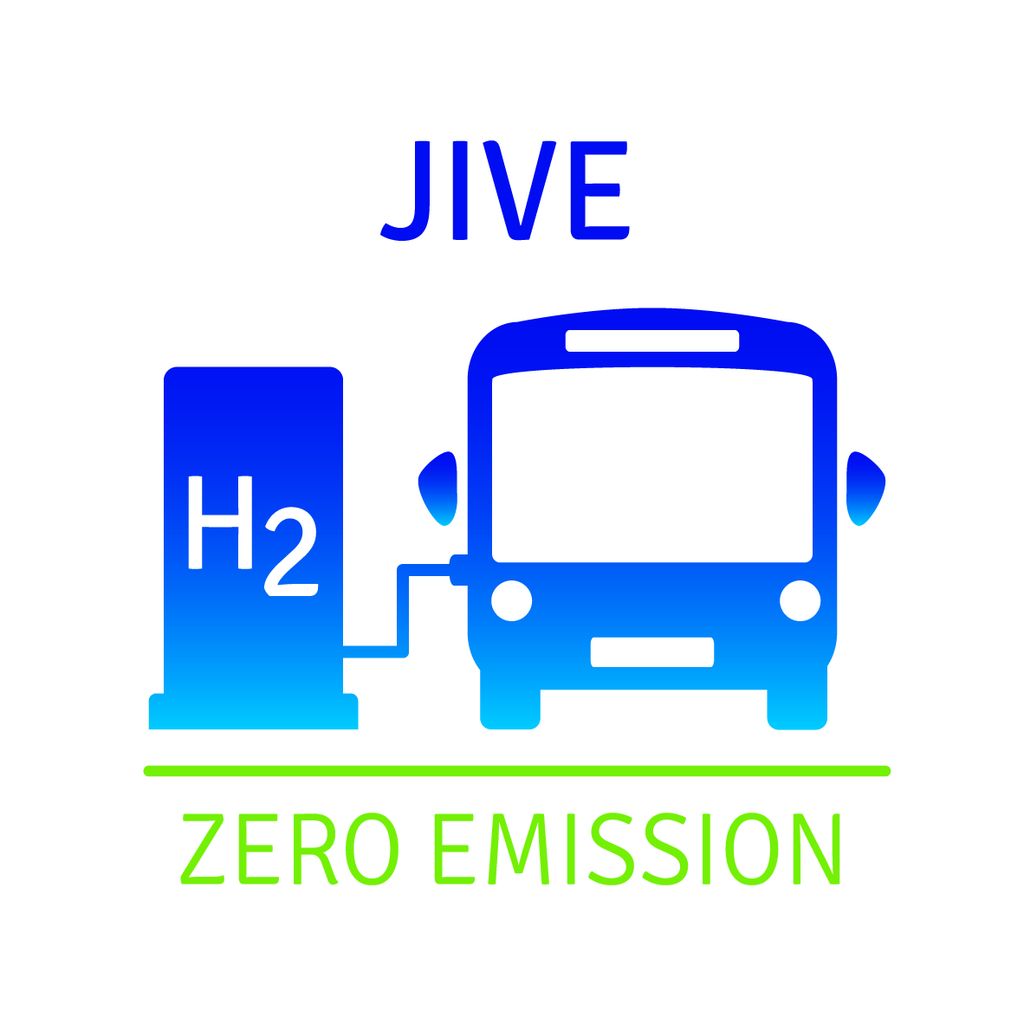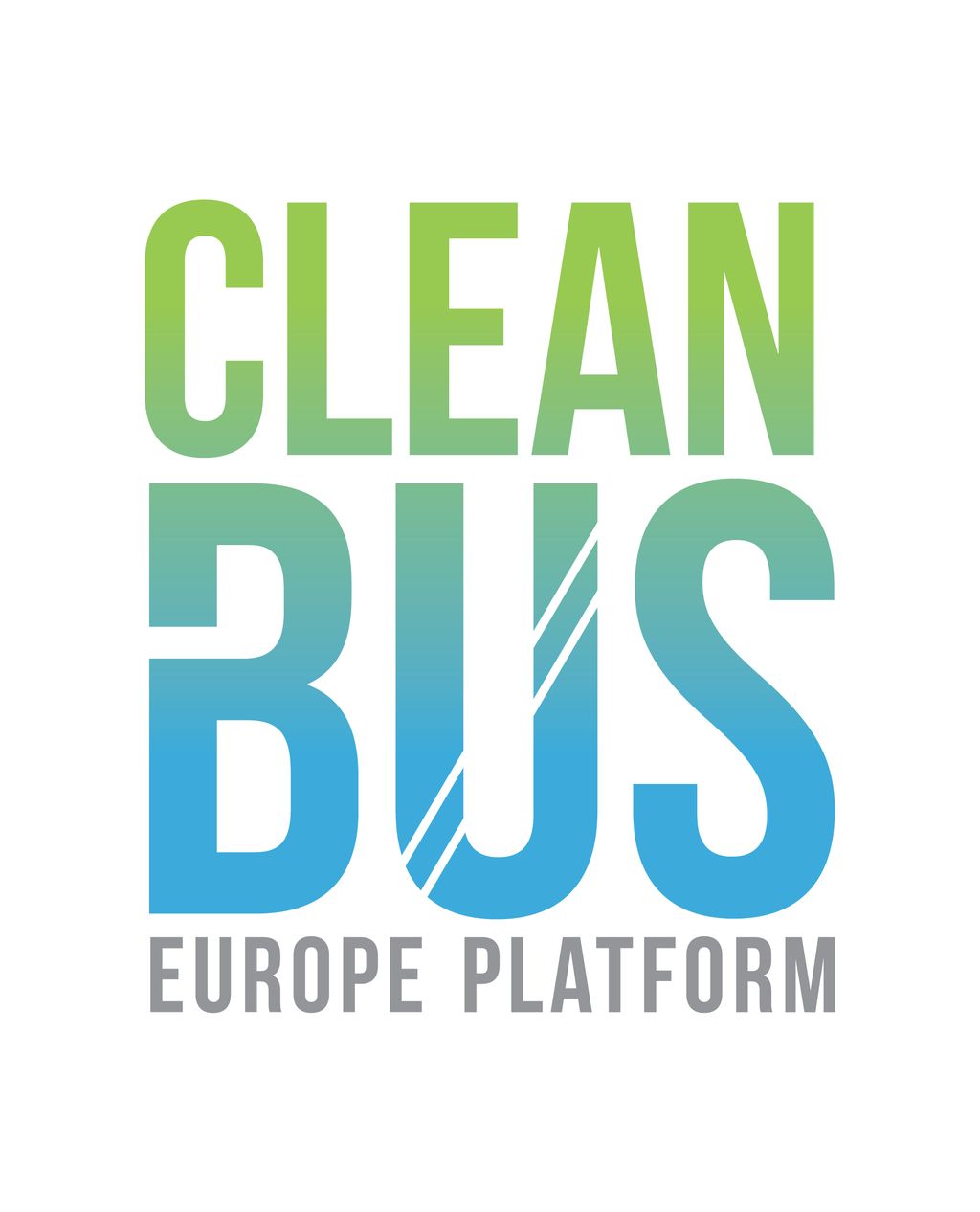
JIVE and CBEP Fuel Cell Electric Bus
About
Training Goal
The goal of this dedicated training is to equip bus operators and authorities (PTO/PTA) with up-to-date and necessary information about the planning, procurement, operations and maintenance of fuel cell buses, with this knowledge coming from the JIVE projects and FC bus sector itself. This is the first in a series of workshops that UITP will organise to transfer JIVE lessons learned on Fuel Cell Electric Buses (FCEBs). This online 3rd November training session will provide overall insights on the key issues that PTO/PTAs need to consider when deploying and operating FCEBs in their cities. The upcoming series of workshops focus on specific topics and delve deeper into learnings generated by JIVE projects.
Training Programme Objectives
The hydrogen bus (or fuel cell electric bus) does not emit CO2 or pollutant emissions and presents operational conditions similar to that of a diesel bus. Recent developments in the EU legislation for the promotion of clean and energy efficient road public transport vehicles (EU Clean Vehicles Directive 2019/1161 of 20 June 2019) have triggered an interest among public transit companies, operators and authorities given that a certain percentage of buses have to be clean from 2021 onwards (with a more stringent target in 2025). Hence, with most metropolitan areas targeting zero-emission environments considering these recent developments, an increasing number of cities and transport companies are considering the Fuel Cell Electric solution for their future bus fleets. Fuel cell buses, as one of the most ready and promising zero emission technologies to decarbonise, have created great curiosity and attention among PTO/PTA stakeholders.
In this context, the UITP and Clean Bus Europe Platform together with JIVE project coordinator, Element Energy, and dissemination leader, Hydrogen Europe, have designed this training programme on Fuel Cell Electric Buses. The training incudes sessions on:
- An overview of the policy context and regulatory landscape on zero emission buses at European level (e.g. Clean Vehicles Directive, Alternative Fuels Infrastructure Directive) and an overview of FCEB and hydrogen refueling infrastructure about what is available on the European market in terms of bus and infrastructure supply;
- An overview of the planning and procurement strategies for FCEB and Hydrogen Refuelling Infrastructure project drawing on JIVE lessons learned in terms of procuring buses and infrastructure particularly about project set-up, infrastructure requirements and planning in deployment and operations (e.g. route, bus depot design), and preparation for operations;
- The implementation and operational consideration of buses, initial lessons learned from an operating JIVE site.
This online training aims to increase the participant’s knowledge on how to set-up and plan FCEBs, procurement of hydrogen buses and infrastructure, their implementation and operations from the experiences of JIVE cities.
Learning objectives
- Learn current policy context in Europe reinforcing FCEBs deployments into city bus fleets;
- Get current market updates and what is available in terms of hydrogen buses and infrastructure;
- Understand how to and set-up and plan FCEBs project;
- Learn from successful hydrogen bus and infrastructure procurement;
- Learn from experience on how to plan, implement and run hydrogen buses successfully;
- Understand the implications for operations, maintenance and infrastructure.
Target audience
- JIVE / JIVE 2 / MEHRLIN project partners;
- Other EU-funded FCB deployment project consortia (e.g. 3EMOTION project);
- Invitation only external PTO/PTA/city/municipality representatives (e.g. JIVE User Group members, ASSURED User Group members, UITP Bus Committee members, Clean Bus Europe Platform by APOLLO-EU Consortium interested cities in FCEBs)
Methodology
- Panel format with interaction by participants under the guidance of moderators;
- Three panel sessions complemented with Q&A rounds;
- Selection of fewer speakers/cases to go deeper into issues, challenges, opportunities in selected four topics: Hydrogen buses in the transition to zero emission mobility; planning and procurement of a FCEB project and infrastructure; operational Performance of FCEBs – Return on Experience in terms of bus service entries in JIVE cities.


